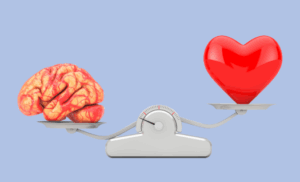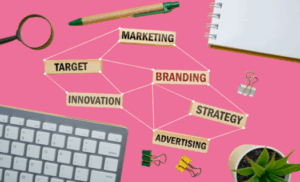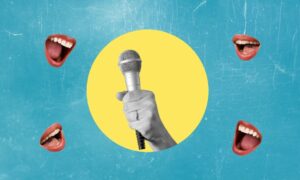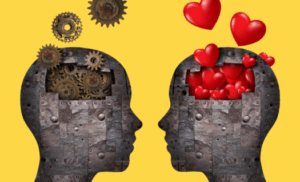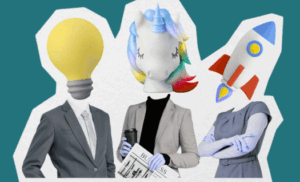At Incognito we continue to talk about behavioural economics, a technique that is increasingly helping us to understand our audiences and those of our clients in order to create more effective marketing strategies.
Behavioural economics is the study of how psychological, social or cognitive factors affect people’s economic decisions.
The main objective of this study is to explain why people often behave differently or why they make some choices rather than others. If you still have some doubts about this term, here is more information on how it works and how you can apply behavioural economics in your marketing strategy.
In order to understand it better, there are a number of key tips to add to your own glossary if you are interested in further research on this topic.
1. Heuristics
These are the mental shortcuts that lead to subjective probability estimation.
2. Biases
These are systematic errors that we make by using heuristics. Biases are always predictable and always go in the same direction.
There are 2 types of biases: cognitive and emotional.
- Cognitive biases: errors or mistakes we make when interpreting reality.
- Emotional biases: are those that are related to reasoning based on feelings or emotions.
3. Types of thought
- Homo Sapiens is a type of thinking in which we make mistakes and make biased and faulty forecasts.
- Homo Economicus is a type of thinking in which we think and choose well and make unbiased forecasts.
4. Thought systems
There are 2 types: the automatic thinking system and the reflective thinking system.
- Automatic thought system or system 1: this is a system in our brain that makes us respond quickly, effortlessly and in an uncontrolled way and it is the thought system we use the most.
- Reflective thought system or system 2: this is a system in our brain that makes us respond in a slow, careful and controlled way and it is the thought system we use the least.

5. Nudge
Nudges are the key to modifying people’s behaviour in a predictable way without prohibiting any of the alternatives and without significantly changing the incentive structure.
By understanding how consumers make their purchasing decisions and what factors influence them, it will be easier for companies to design marketing campaigns that are more relevant and appealing to their audience.
See you in the next post.


